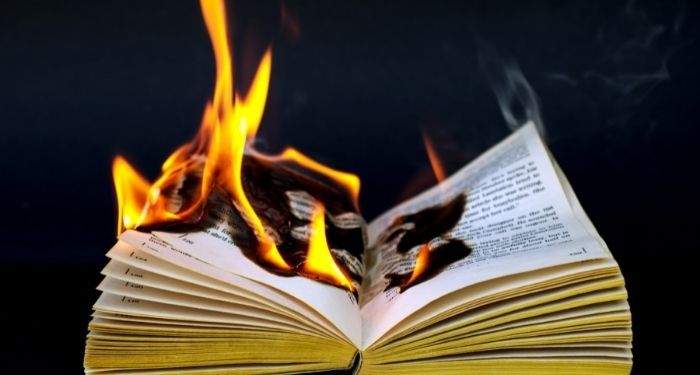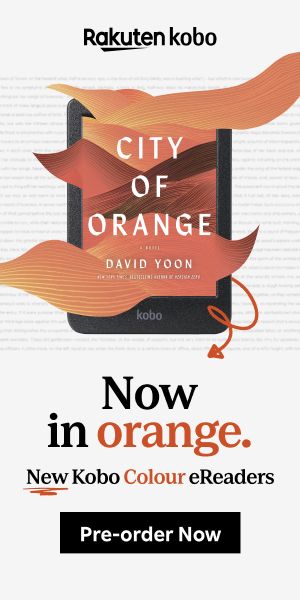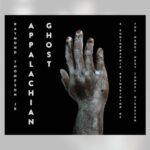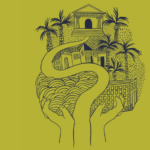
There Were 1,145 Unique Books Challenged in US Schools Between July and March
A new PEN America report released today highlights how wide-spread school book challenges are in today’s censorship-friendly climate. Over 1,145 unique books were targeted between July and March, with 874 different authors, 198 illustrators, and 9 translators impacted. The index of the book challenges in this 8 month window include 1,586 book bans in 86 school districts in 26 states. These districts represent 2,899 schools with a combined enrollment of over 2 million students.
Texas led the country with the most bans at 713, followed by Pennsylvania (456), Florida (204), Oklahoma (43), Kansas (30), and Tennessee (16). The report emphasizes the disregard for students’ First Amendment rights in schools, as 98% of the challenges did not follow best practices for book challenges, and most happened without following the proper channels (i.e., formal complaints or review committees).
Among the findings of the report:
- 467 titles (41%) included protagonists or prominent secondary characters who were people of color
- 247 titles (22%) directly address issues of race and racism
- 379 titles (33%) explicitly address LGBTQ+ themes, or have protagonists or prominent secondary characters who are LGBTQ+
- 184 titles (16%) are history books or biographies. 107 have explicit or prominent themes related to rights and activism (9%)
- The majority of the books targeted have been works of fiction, however 28% are non-fiction and include history books, analytical and/or personal essays, and children’s reference and informational works
The three most challenged books were Gender Queer by Maia Kobabe, banned in 30 districts; All Boys Aren’t Blue by George M. Johnson, banned in 21 districts; and Lawn Boy by Jonathan Evison, banned in 16 districts. All three center queer characters.
PEN America defined a school book ban as any action taken against a book based on its content and as a result of parent or community challenges, administrative decisions, or in response to direct or threatened action by lawmakers or other governmental officials, that leads to a previously accessible book being either completely removed from availability to students, or where access to a book is restricted or diminished.
“Book challenges in American schools are nothing new, but this type of data has never been tallied and quite frankly the results are shocking. Challenges to books, specifically books by non-white male authors are happening at the highest rates we’ve ever seen,” said Jonathan Freidman, Director of PEN America’s Free Expression and Education program. “What is happening in this country in terms of banning books in schools is unparalleled in its frequency, intensity, and success. Because of the tactics of censors and the politicization of books we are seeing the same books removed across state lines: books about race, gender, LGBTQ+ identities and sex most often. This is an orchestrated attack on books whose subjects only recently gained a foothold on school library shelves and in classrooms. We are witnessing the erasure of topics that only recently represented progress toward inclusion.”










